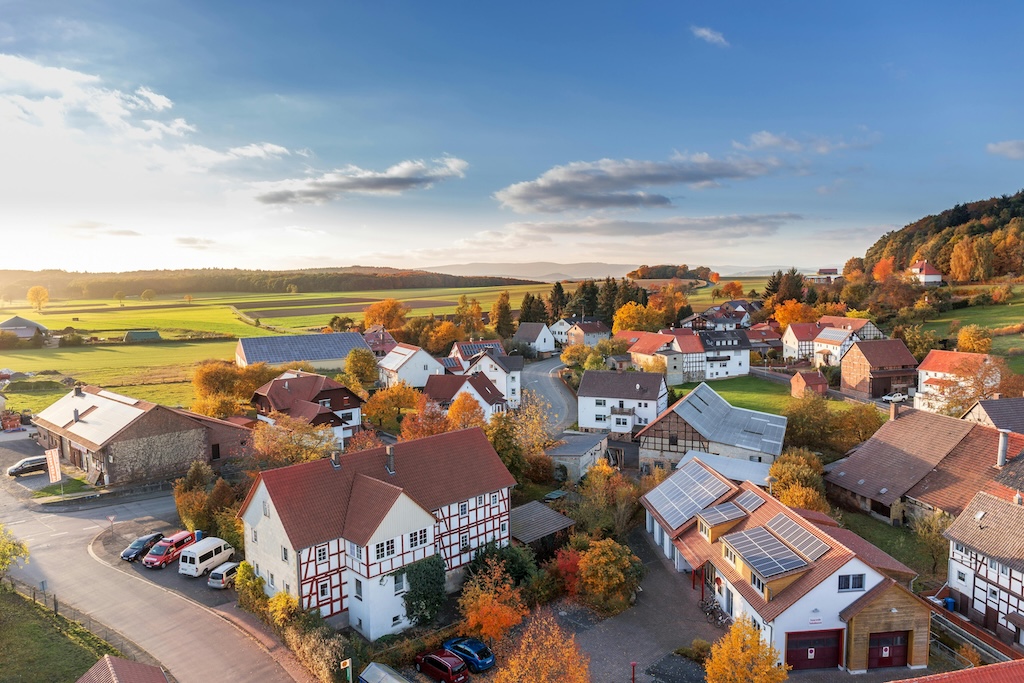December 27, 2024
Building a Year-Round Community with Career Fair Participants

Hosting a successful career fair is about more than just what happens on the day of the event. To truly maximize the impact of your career fair, it's essential to engage with participants year-round, creating a dynamic and supportive community that benefits both job seekers and employers.
The Challenges of One-Time Engagement
Many career fairs operate on a one-time engagement model, focusing solely on the event day. While this approach can still be effective, it misses out on the opportunities to build lasting relationships and a sense of community among participants. After the event ends, communication often drops off, and the momentum is lost, leading to reduced participant loyalty and engagement in future events.
Drawbacks of Limited Engagement
- Lost Opportunities for Networking: Participants miss out on building stronger professional networks.
- Reduced Brand Loyalty: A lack of ongoing interaction can lead to decreased loyalty from both employers and attendees.
- Lower Retention Rates: Without sustained engagement, participants may be less likely to attend future events.
Benefits of Building a Year-Round Community
Creating a year-round community around your career fair has numerous advantages. It keeps the conversation going, fosters continuous networking, and reinforces the value of your events.
Increased Participant Loyalty
When participants feel connected to a community, they are more likely to return for future events. This sense of belonging can significantly boost retention rates and ensure a steady flow of attendees year after year.
Enhanced Networking Opportunities
A year-round community provides ongoing networking opportunities, allowing participants to build meaningful professional relationships beyond the confines of the career fair. This continuous engagement can lead to more robust networking, mentorship opportunities, and even job placements.
Improved Event Success
By maintaining engagement throughout the year, you keep your event and organization top-of-mind for participants. This not only increases turnout for future events but also enhances the overall quality of the career fair experience by ensuring a more prepared and engaged audience.
Strategies for Building a Year-Round Community
To build a year-round community with career fair participants, consider implementing the following strategies:
1. Create a Dedicated Online Platform
Develop a dedicated online platform or community space where participants can interact, share resources, and continue networking after the event. This platform could be a LinkedIn group, a Slack channel, or a custom-built forum on your website. Ensure the platform is user-friendly and provides value, such as industry news, job postings, or discussion boards.
2. Organize Regular Networking Events
Host regular virtual or in-person networking events, such as webinars, panel discussions, or informal meetups. These events help maintain momentum and provide participants with ongoing opportunities to engage with one another and with potential employers.
3. Provide Valuable Content and Resources
Consistently share valuable content that keeps participants engaged and informed. This could include newsletters, blog posts, eBooks, or video content on career development, industry trends, or interview tips. Offering educational resources can position your organization as a thought leader and keep participants coming back for more.
4. Encourage Alumni Involvement
Engage alumni from past career fairs to act as ambassadors or mentors within the community. Their experience and insights can provide valuable guidance to new participants and help foster a sense of continuity and growth within the community.
5. Develop a Feedback Loop
Regularly solicit feedback from your community to understand their needs and preferences better. This can help you tailor your content, events, and resources to better serve your audience, increasing their satisfaction and engagement.
Examples of Successful Year-Round Engagement
Consider the example of a leading business school that transformed its annual career fair into a year-round community engagement program. By creating a dedicated LinkedIn group and hosting quarterly webinars with industry leaders, they not only increased student and employer engagement but also boosted the overall success of their career fairs. The continuous interaction and networking opportunities fostered a strong community spirit, leading to a 30% increase in event attendance and a 50% increase in employer satisfaction.
Conclusion: The Power of Continuous Engagement
Building a year-round community with career fair participants is not just beneficial—it’s essential for long-term success. By fostering ongoing engagement, providing valuable content, and creating regular networking opportunities, career fair hosts can enhance participant loyalty, improve event turnout, and create a vibrant, supportive community.
Remember, the relationships and connections made during a career fair should not end when the event does. With thoughtful strategies and a commitment to continuous engagement, you can build a strong, year-round community that benefits everyone involved.
Until next time, happy planning! 🚀